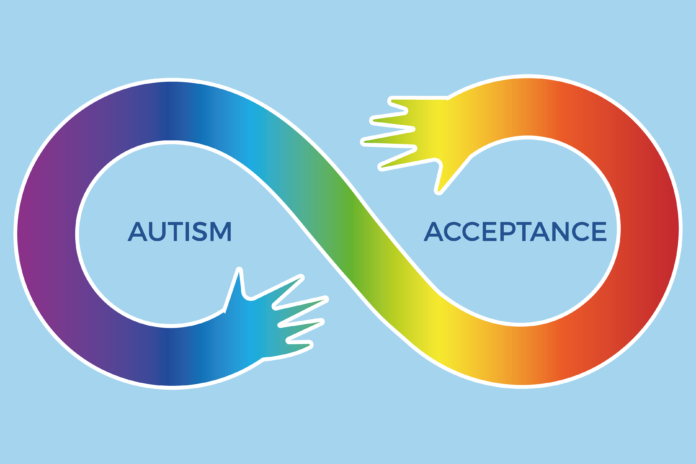UC Davis experts answer questions on autism and the pandemic’s impact
By MONICA MANMADKAR — science@theaggie.org
Since 1998, the UC Davis MIND Institute has been working to improve the lives of people with autism spectrum disorder, especially children and their families. On April 28, three UC Davis experts spoke on the advances that UC Davis has made in understanding these conditions during a UC Davis LIVE.
Aubyn Stahmer is a professor in the Department of Psychiatry and Behavioral Sciences at UC Davis Health and is a child clinical psychologist and researcher. She specializes in translating interventions for children with autism and other developmental disabilities to community programs. When asked to define autism in medical terms, Stahmer explained how there is no blood test or genetic test that can be done to detect autism. Instead, psychologists look for an amalgamation of behavioral characteristics.
“There is not one thing that will say whether or not someone will have autism,” Stahmer said in the UC Davis LIVE presentation. “We tend to look for social communication differences, and that is a broad range of social communications, and repetitive behaviors that edge the focus [alongside] sensory challenges with sounds or textures.”
To describe how the pandemic has affected individuals with autism, Stahmer stated that for younger children to be diagnosed, they usually go into the physician’s office and then get referred for an autism evaluation. However, due to the pandemic, visits to the physician’s office have decreased. Additionally, masks have made social communication a challenge for everyone. To combat this, researchers have been working on telemethods of intervention.
Moreover, it is very important to identify children with autism early as it can be frustrating if they cannot communicate their needs, according to Stahmer. She stated that it can be frustrating or traumatic for the child since the parents do not know. Hence, the earlier that the parents and psychologist know that this child is interacting with the world differently, the earlier the child can get the support they need.
Patrick Dwyer is a student with autism who is currently pursuing his Ph.D. in developmental psychology at UC Davis. He is interested in helping people with autism lead a fulfilling life, with his research focusing on sensory processing and attention in autism. Dwyer detailed some of the struggles that adults with autism were having during the pandemic.
“Among the community, there is a strong preference in having the flexibility in hybrid options and recognizing that everyone has different needs as they are all in different positions,” Dwyer said. “Some are really going to prefer to stay at home and communicate via Zoom, and there are going to be some people who want to be in person, so having that flexibility is really important.”
Later on, Sarah Dufek, an assistant professor in the Department of Psychiatry and Behavioral Sciences at UC Davis Health, explained some of the new developments in identifying autism in children. Although there is more work to be done in the field of diagnostics, Dufek stated how diagnosticians have been getting “better at identifying children earlier and catching the need for the evaluation earlier in younger children.”
However, Dufek detailed that researchers still need to improve on catching the need for an evaluation in children who are a part of historically underrepresented groups and who have other conditions that may impact the ability for diagnosticians to identify autism. Analysts have also seen the need to include women more on the spectrum.
“Most of the behavioral characteristics that have been reported or observed have been on mostly boys and men,” Dufek said. “We have a lot of ways to go to see what autism looks like in women, particularly in young girls.”
Wrapping up the LIVE, Dufek hopes that the neurodiversity movement keeps its momentum and aggressively goes forward. The neurodiversity movement aims to destigmatize autism and other neurological impairments. Additionally, Dwyer believes that there is still a long way to go.
“There are wide gaps on a lot of issues where people in the community are really not trustful of professionals and researchers, and even parents have a lot of unresolved disputes,” Dwyer said. “I am hoping that we will move toward reconciliation and finding common ground on these issues and recognizing the insights that the neurodiversity movement has.”
Written by: Monica Manmadkar — science@theaggie.org




